DB Peru
Health Worker Classes
Our goal is to improve the overall health of the communities and to provide sustainable healthcare education.
Promoters of Health (Promotores de Salud)
A Promotor de Salud is a lay community healthcare worker (CHW) who is either elected by the community, or who has shown an interest in healthcare and has been accepted by the community as the promotor de Salud. Most promotores spend a week with doctors in local clinics in order to further their healthcare knowledge. Some return for more education, but many go back to their villages and assume the role of caretaker for the village’s health care needs.
We believe the better educated the promotor, the better the health of the community. DB Peru organizes 2-4 day classes for the promotores, taught by professional staff from the local clinics and/or foreign professionals. They are taught in Western ways, but also use natural herbs and plants as they know them.
Each promotor receives the book Where there is no Doctor, or Donde no hay Doctor, which is published by the Hesperian Foundation.
DB Peru is participating in a consortium of NGOs (non-governmental organizations) that are working together to develop a standardized program of teaching and identified competencies for promotores. This is in association with the Minister of Health in the Loreto Department of Peru. We envision that our model will be adopted by the Minister of Health to be used throughout Peru.
Due to absence of pharmacies in the jungle, we are working to establish centers for storage of simple and common medicines to be accessed by the promotores to serve their communities.
In order to provide sustainable education, we are working with the promotores on leadership traits and teaching skills so that our teaching can be transitioned to them. Standardized teaching modules are being developed with the hope that they will be seen in their communities as professors of health.
Also promoted through our work are the shamans who assume the role of caring for the village in traditional ways, using potions and balms made of plants, barks and herbs growing nearby. They are sometimes called curanderos, and use a more mystical approach, based in rituals and traditions.
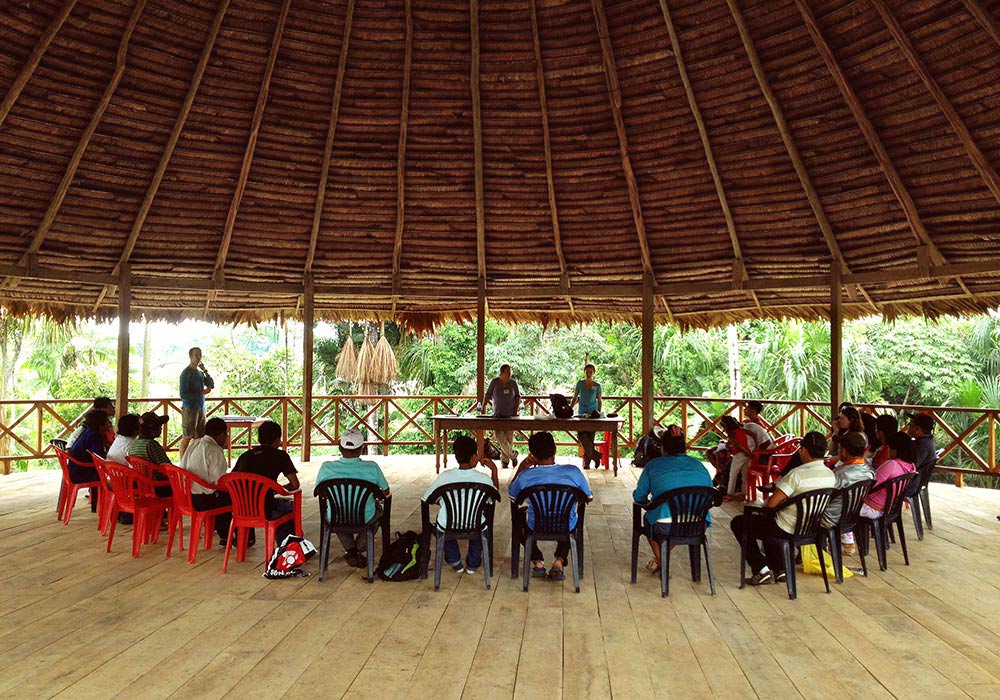
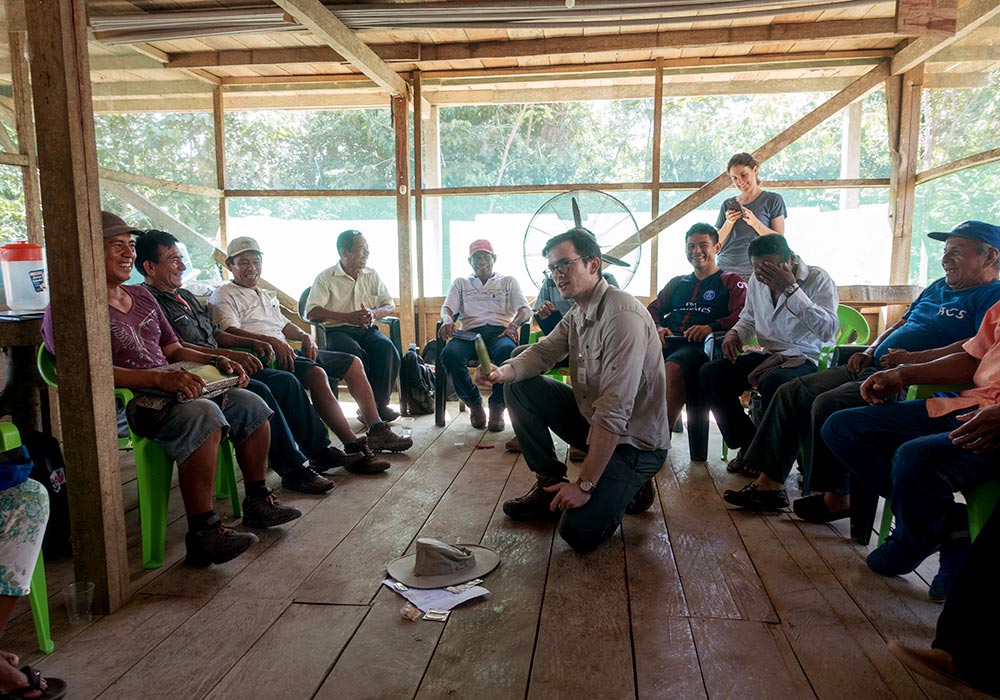
Infectious Disease
Our goal is to educate villages on identification of the most common infectious diseases of the area to obtain rapid treatment and prevent spread of disease.
In the area surrounding the lower Napo River, there are many infectious and vector-born diseases. The government of Peru has good programs free of cost to address diagnosis and treatment. However, accessing these programs can be difficult for people living in remote regions. The most common infectious disease of the lower Napo River are:
Tuberculosis (TB) is one of the top 10 causes of deaths in the world, and one of the biggest killers of all the infectious diseases. Lack of public awareness is one of the greatest problems associated with the disease. As a result, approximately 3 million people are not aware they have active tuberculosis and, almost half of those will die this year.
Using educational materials from existing programs of the Minister of Health is the essential core of our teaching. Our biggest impact is one of advocacy and helping people understand symptoms of each disease, how to access government programs of treatment, what to expect for treatment, and how to prevent spread of disease to other family members or members of community. Pamphlets with information are given to each attendee and health post for referral in our seminars.
Health Fair & Soccer Tournament
Our goal is to teach public health and first aid in an atmosphere of fun and sharing.
Our Health Fair has become an excellent opportunity to reach hundreds of people with public health and first aid education. It’s also a great day of fun and activities for both the children and adults of the 28 communities in our region. From demonstrations of nutritional food combinations to dental classes for children to the use of traditional herbs and plants for healing, there is something for everyone. Simple testing and exams are available, such as blood pressure, blood glucose, and breast exams. Reading glasses are distributed to those in need.
The “Copa DB Peru” Soccer Tournament is played throughout the day, with village teams competing for the title. Competition is serious and fierce but the play is fun and the community relationships are strengthened by the event. The stakes are high with all teams vying for the trophy and game ball along with new soccer jerseys for the winners.
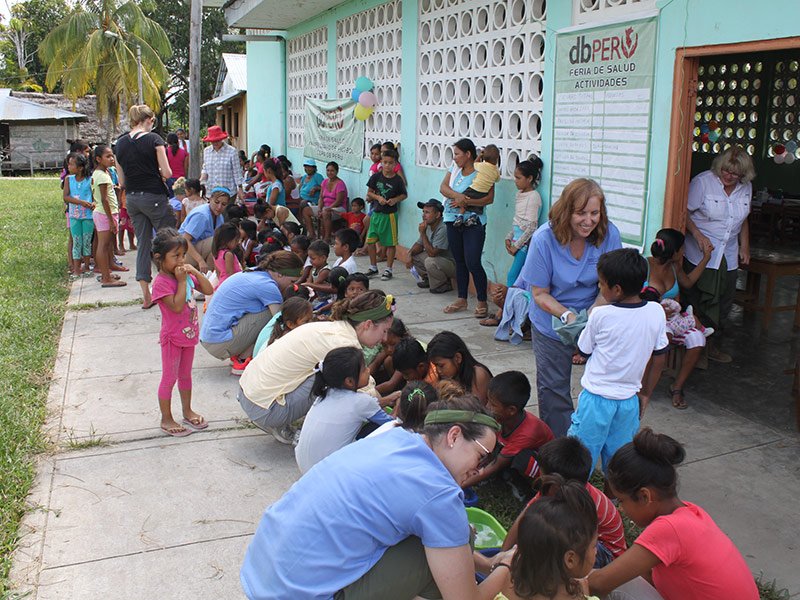
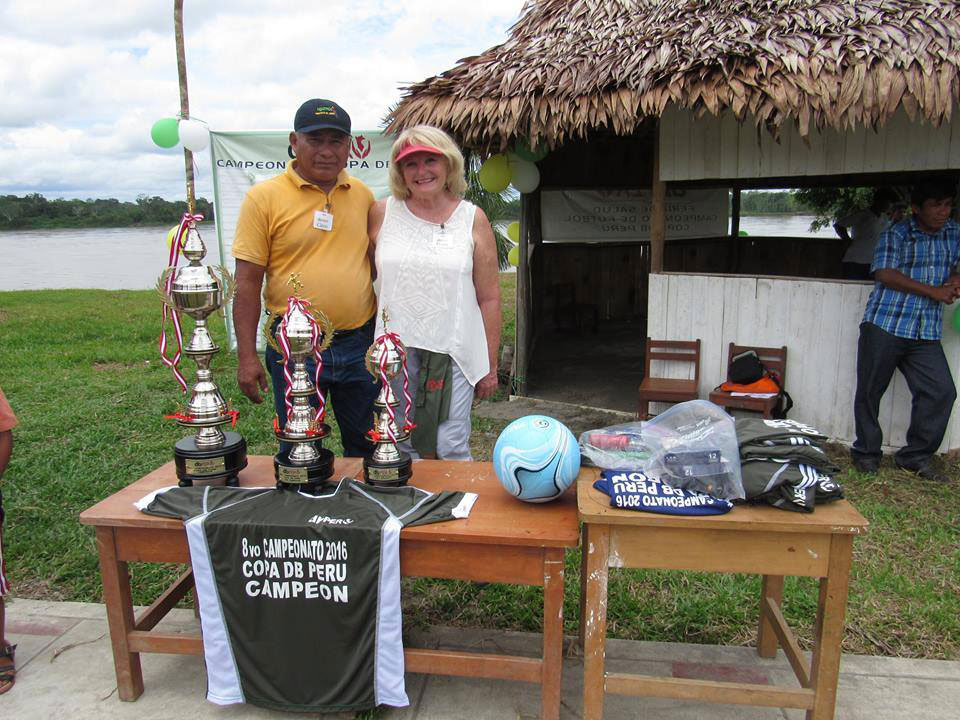
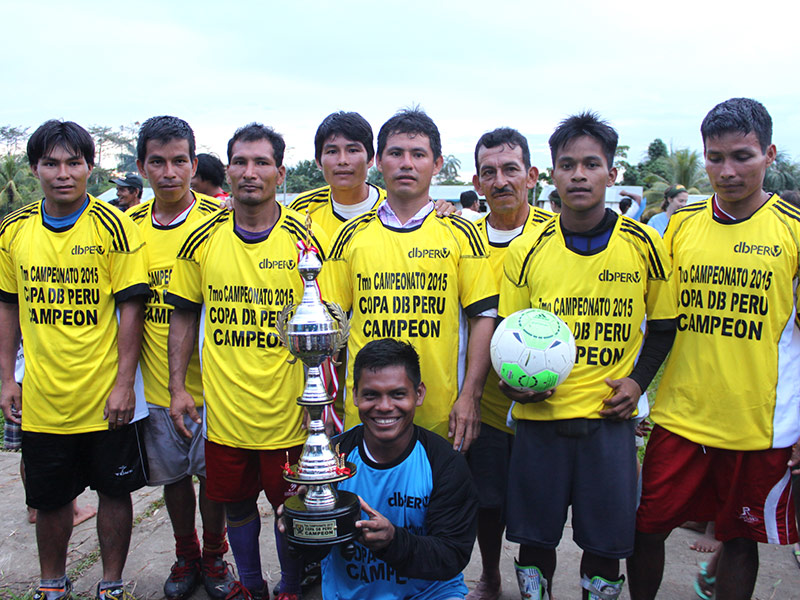
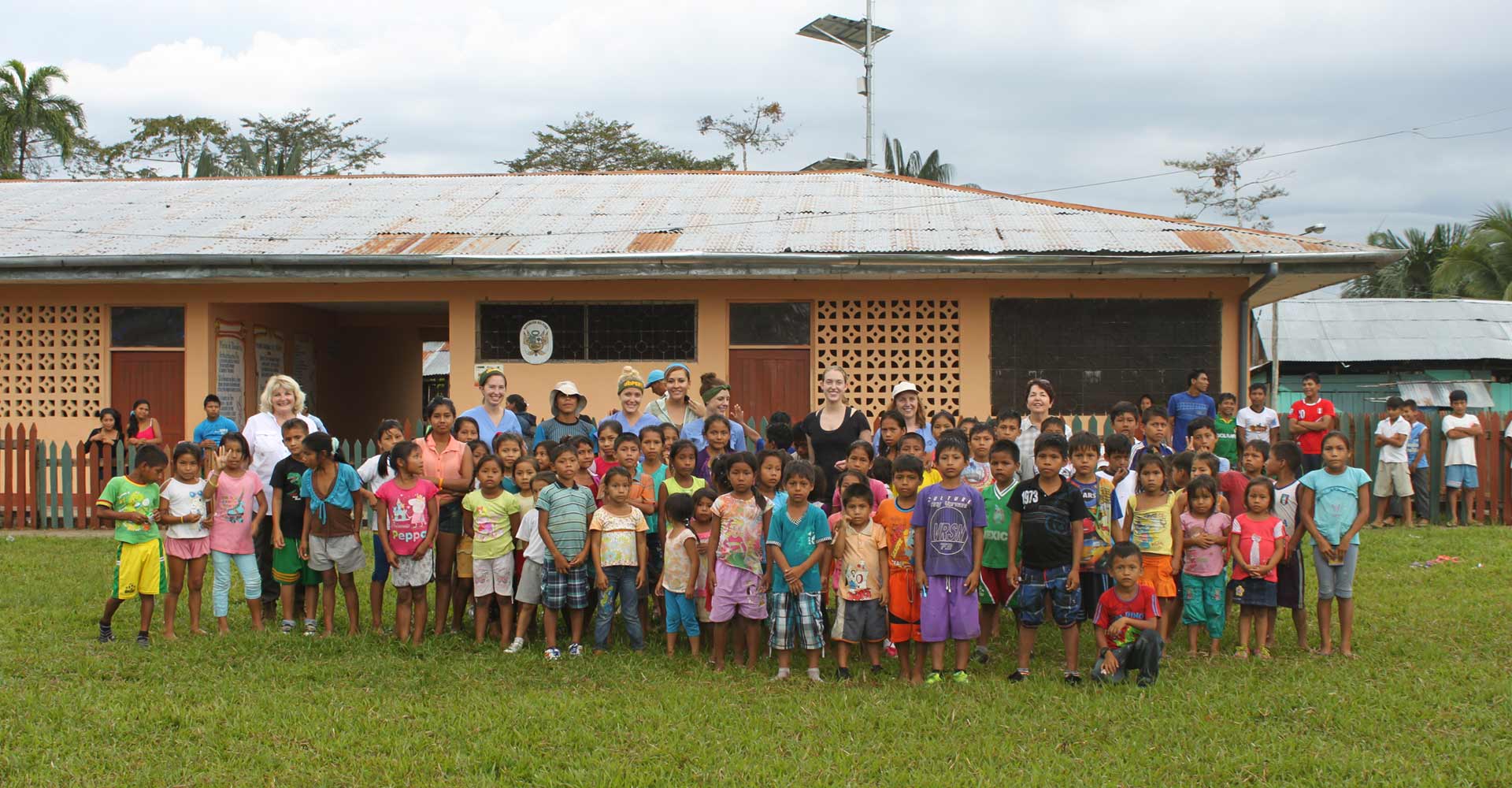
Preventative Care
Our goal is to provide education and health screenings that will help keep the communities safe and healthy.
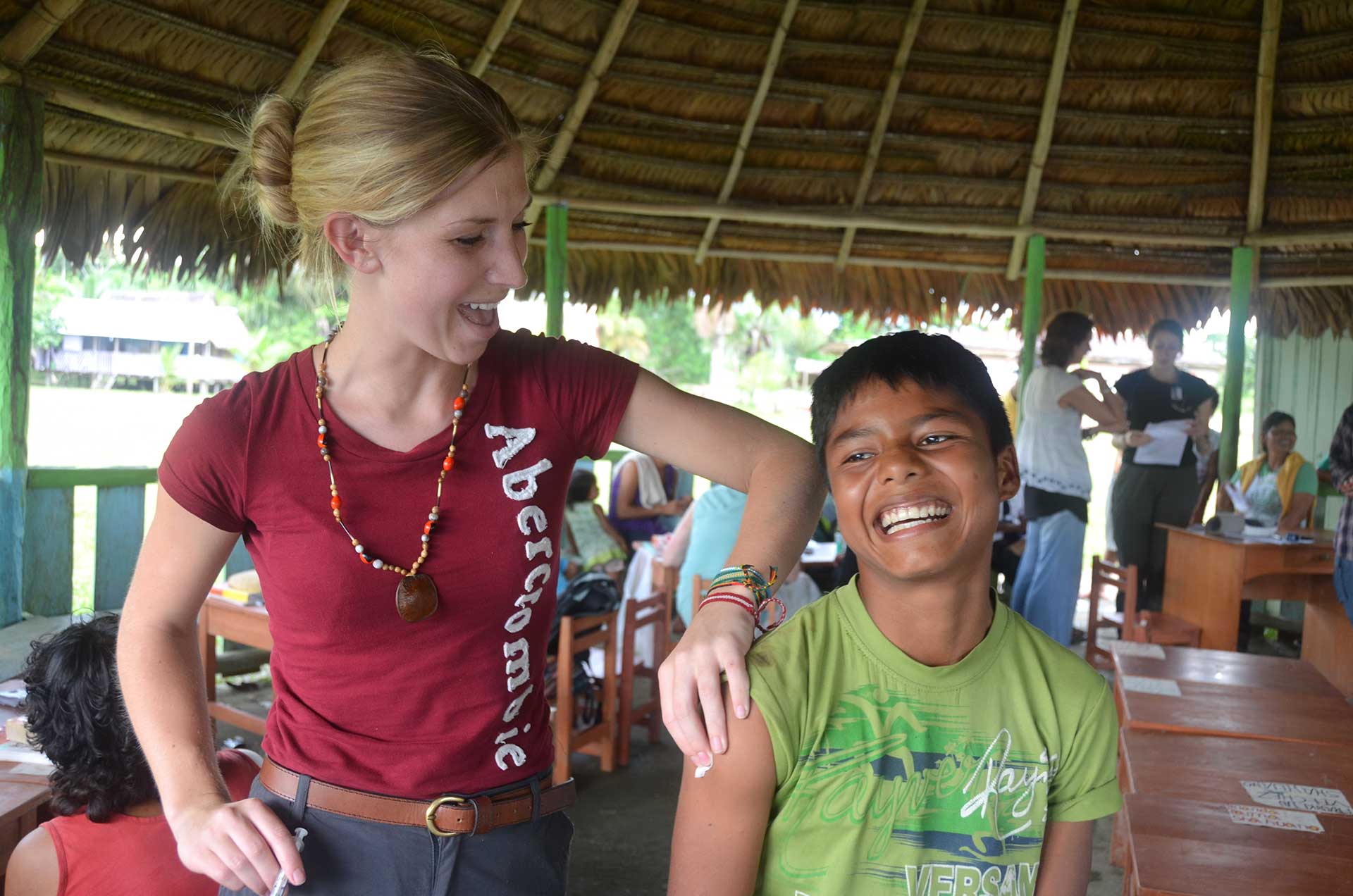
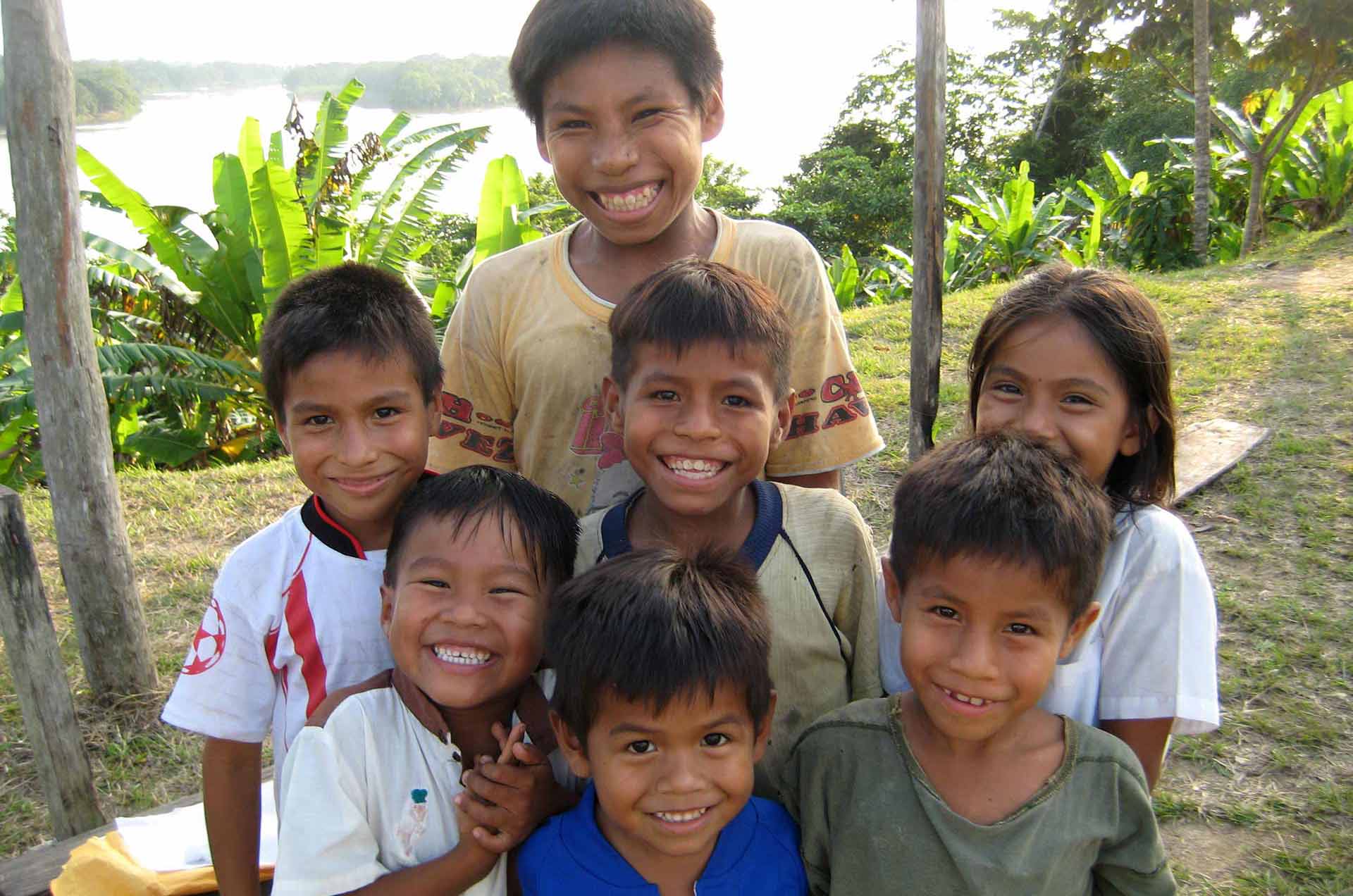
Throughout the year, both formal and impromptu classes are given to educate the people in the villages about healthy living habits and public health concerns. These can include:
DB Peru has published a health education booklet, Enfermidades y Tratamientos Más Comunes en el Bajo Napo, (Diseases and Treatments Most Common in the Lower Napo) specifically for this region.
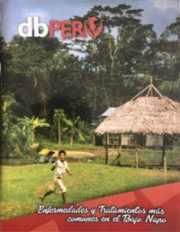
Data was collected from the health clinics conducted by DB Peru, showing the most common health problems. The new booklet outlines those problems, and includes education about how to care and treat each one, including diagrams.
The booklets are being given to the health workers to disseminate one per family as a gift from DB Peru to more than 500 families. This project was made possible by donations from Peg Meyer and Corlene Horan. Some information was taken from the book, Where there is no Doctor, published by the Hesperian Foundation.
In addition, screenings are offered for blood pressure, testing of blood glucose, and heights and weights of children for growth and development.
Norma Louise
Stainsby Memorial
Scholarship Program
Our goal is to prepare young people from the jungle for careers in healthcare.
In memorium, this program honors Norma Louise Stainsby, who spent many years of her life teaching nursing to young students. When she was in her mid-60s, she served in the Peace Corp in Malawi, Africa, and met future husband, Dr. Donald Stainsby.
Applicants for this program are selected from the jungle villages where we work. They must have completed secondary school (high school) successfully and have recommendations from teachers and community members. Preferably they will be between 16-25 years old.
The 3-4 year programs are for técnico enfermera (nurse technician) or for pharmacy or laboratory technician. When a student graduates, he/she can work in a clinic or hospital on staff, or work independently in a government clinic. In the case of the nurse technician, their work is mostly technical, hands-on, such as giving medications, starting IVs, suturing, etc.
The school, Reyna de las Americas, was chosen due to its good reputation and its central location in Iquitos, the jungle city. The Director was so impressed with this scholarship program of bringing students from the jungle that she has at times matched our scholarships with one from the school, allowing us to bring 2 students into the program for every student we pay for. According to her, there are no other scholarship programs such as this available to children from the jungle in this region.
Due to economic conditions of the families in the jungle, the scholarship program will occasionally provide funding for not only the cost of the school, but also the expenses of the student to live in the city. This will vary depending on the resources of the student and his/her family.
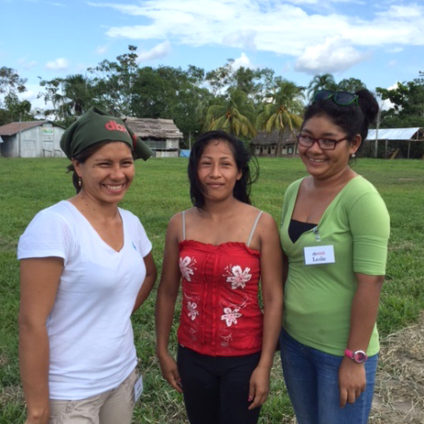
Scholarship graduates and student
